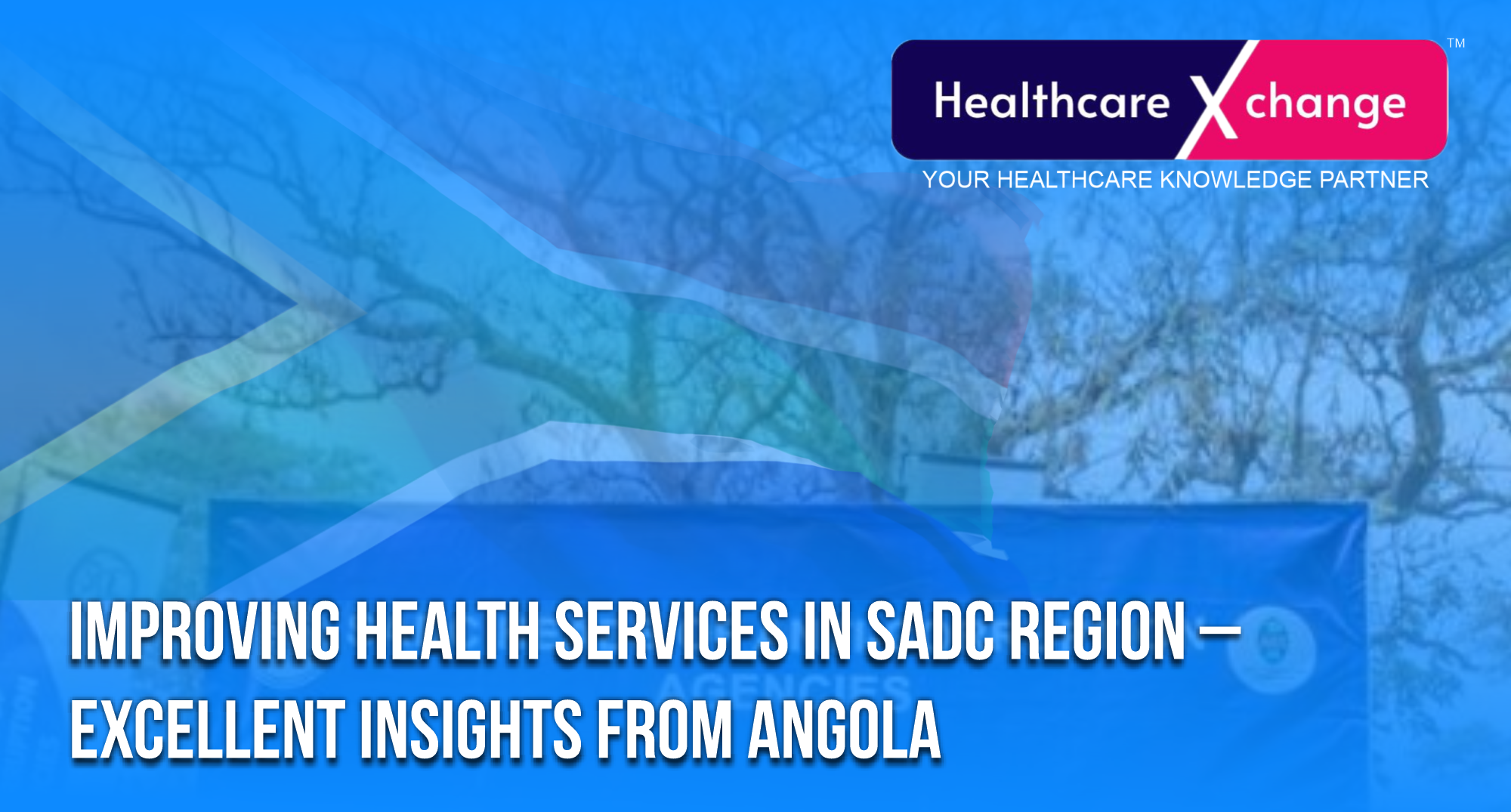
Improving Health Services in SADC Region – Excellent Insights from Angola
- Healthcare and General Service
- March 18, 2025
Highlights
- Angola’s healthcare has made remarkable progress despite minimal budget increases
- The SADC region should prioritise coordinated multisectoral actions to address social and environmental health determinants to promote a comprehensive approach for improving service delivery
Angola’s healthcare system has successfully responded to new health problems such as COVID-19. The country excels in health infrastructure-dependent sectors such as pharmaceuticals. snFor more improvement, Angola needs to boost workforce levels, implement policies to encourage insurance uptake, and improve internet connectivity to strengthen the scope as well as scale of health systems. The measures would reduce dependence on private providers.
Angola has expanded its health services capacity with over 163 new health units since 2017, boosting bed capacity from 13,426 to 37,808. Specialised hemodialysis services are set up in 10 provinces at present, compared to 3 in 2017. The country has recruited 41,093 health professionals, including doctors, nurses, plus technicians, with 80% of the workforce placed in provincial municipalities.
Despite minimal budget increases, Angola has achieved remarkable progress in improving its health care systems. WHO/World Bank estimates show current health expenditure totaled between USD 180 and USD 200 per person during 2017 to 2020. The investment has increased the country’s capacity to provide health services in a decentralised manner. The results are evident with a 50% increase in non-communicable disease diagnosis at the primary level of care since 2017.
Nations in the SADC region need to emphasise the significance of coordinated multisectoral actions to address social and environmental health determinants. Dr. Humphrey Karamagi, WHO Representative in Angola, highlighted four ways a country can enhance its capacity to tackle health issues despite resource limitations.
Firstly, Angola has emphasised on developing health service delivery systems with a goal to invest at all levels while avoiding competition. The country continues to work on municipalisation of health services, with a stronger primary hospital in the municipality, a level lower than the province. The decentralised approach aims to build a robust healthcare system while ensuring that different areas do not compete.
Secondly, health services must concentrate to develop individual plus community health initiatives. The approach is especially important for populations with limited access to institutional health services.
Thirdly, the integration of health services into global and national priorities is crucial to come up with an effective response to people’s needs. Angola’s healthcare sector has also implemented initiatives to monitor and address overall well-being on social media. The measures have proved to be effective in resolving operational challenges in delivery of primary healthcare services.
Finally, the potential of digital health in the region needs to be maximised, as many initiatives are limited, focused on data extraction rather than service provision. Solutions need to be developed to improve an individual’s access to essential services. The context in which any health service is provided significantly impacts its effectiveness. The Angolan Government has accordingly integrated digital telemedicine solutions, to ease exchange of knowledge and extend the availability of essential services.




